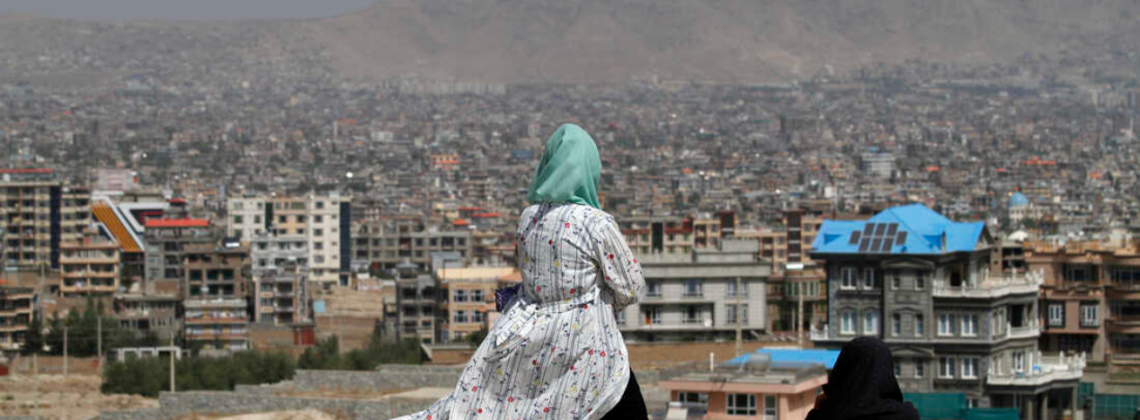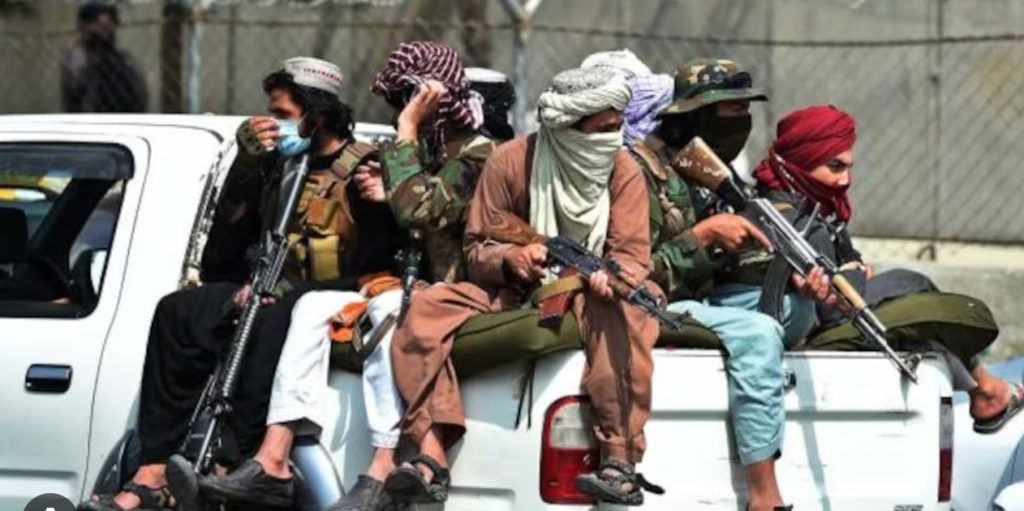
Is Afghanistan Safe?
Summary
As of 2024, Afghanistan is considered unsafe for travel due to various security challenges. The U.S. Department of State and the UK Foreign, Commonwealth & Development Office both advise against all travel to the country. This is primarily due to the high risk of terrorism, armed conflict, and kidnapping. The political situation is volatile following the Taliban’s takeover in 2021, significantly impacting safety, particularly for women and minority groups. Additionally, the lack of robust infrastructure, including medical facilities, and the challenges in law enforcement and governance further exacerbate the risks. While there are regions perceived as relatively safer, the overall security situation remains unstable and unpredictable. Therefore, travelers are strongly advised to consider these risks and government advisories before planning a visit to Afghanistan.
Pros
Discussing the pros and cons of a country like Afghanistan requires a nuanced understanding of its complex socio-political landscape, cultural richness, and the challenges it faces. Here’s an overview:
- Rich Cultural Heritage: Afghanistan has a long and diverse history, with influences from Persian, Mongol, and various Islamic civilizations. This rich heritage is evident in its art, music, literature, and architecture.
- Natural Beauty: The country boasts stunning natural landscapes, including the Hindu Kush mountains, lush valleys, and scenic rivers. This natural beauty offers potential for eco-tourism and outdoor activities.
- Resilient and Hospitable People: Afghans are known for their resilience and hospitality. Visitors often speak of the warmth and generosity of the local people they encounter.
- Economic Potential: Afghanistan has untapped natural resources, including minerals and fossil fuels, which offer potential for economic development.
- Strategic Location: Afghanistan’s geographic location has historically made it a significant land route between Central and South Asia, offering potential trade advantages.
Cons
- Security Concerns: The biggest challenge in Afghanistan is the security situation. The presence of the Taliban and other insurgent groups leads to frequent conflicts and instability, posing risks for residents and visitors alike.
- Political Instability: Since the Taliban’s takeover in 2021, political uncertainty has increased, affecting governance, human rights, and international relations.
- Human Rights Issues: Under the Taliban regime, there are significant concerns regarding the suppression of women’s rights and minority rights. This includes restrictions on education, employment, and freedom of expression for women and girls.
- Economic Challenges: Despite its potential, Afghanistan faces significant economic challenges, including high unemployment rates, dependence on foreign aid, and underdeveloped infrastructure.
- Limited Access to Healthcare and Education: The country struggles with limited access to quality healthcare and education. Ongoing conflict and poverty exacerbate these issues.
- Environmental Concerns: Afghanistan faces environmental challenges, including deforestation, water scarcity, and pollution, which are often exacerbated by conflict and lack of governance.
Afghanistan is a country with a rich cultural history and natural beauty, but it faces significant challenges in terms of security, political stability, and socio-economic development. The balance of these factors greatly influences the feasibility and safety of travel, investment, and living in Afghanistan. It’s important to stay informed about the current situation and consider these factors carefully when making decisions related to Afghanistan.
As of 2024, visiting Afghanistan poses significant safety and security challenges. The situation in Afghanistan is complex and multifaceted, impacted by a variety of factors including political instability, the presence of terrorist groups, and socio-economic issues. The assessment of whether Afghanistan is safe to visit involves considering various aspects:
Government Travel Advisories
United States: The U.S. Department of State has issued a Level 4: Do Not Travel advisory for Afghanistan. This is the highest warning level, indicating a severe risk of danger to life. The advisory cites threats of terrorism, kidnapping, and armed conflict as key reasons. The U.S. Embassy in Kabul has suspended operations, limiting consular support for U.S. citizens.
United Kingdom: The UK Foreign, Commonwealth & Development Office (FCDO) advises against all travel to Afghanistan. They highlight the risk of terrorist attacks, especially around religious sites and events, and the significant risk of detention for British nationals. Consular support is severely limited due to the absence of British consular officials in Afghanistan.

Afghanistan Security Situation
Terrorism and Armed Conflict: Afghanistan faces a high risk of terrorism and insurgency. Various terrorist groups operate within the country, and attacks are frequent. These include bombings, armed assaults, kidnappings, and assassinations, often targeting government facilities, public gatherings, and foreign nationals.
Crime and Law Enforcement: The country also experiences high levels of crime, including armed robbery, kidnapping for ransom, and petty theft. The Afghan police and security forces face challenges in maintaining law and order, impacting the overall security situation.
Afghanistan Socio-political Environment
Government and Taliban Control: The political landscape in Afghanistan remains unstable. The Taliban’s takeover has led to changes in governance and law enforcement, affecting safety, especially for women and minority groups.
Human Rights and Women’s Safety: There are significant concerns regarding human rights, particularly women’s rights, under the Taliban regime. This impacts the safety and freedom of movement for female travelers.
Infrastructure and Health Care
Medical Facilities: Health care infrastructure in Afghanistan is underdeveloped. Access to quality medical care is limited, especially in rural areas. This poses a risk for travelers needing medical attention.
Road and Transport Safety: Travel within Afghanistan is hazardous due to poor road conditions, the risk of roadside bombs, and the potential for armed robbery.

Afghanistan’s Cultural Considerations
Cultural and Religious Norms: Afghanistan’s cultural and religious norms are strict, particularly under Taliban rule. Travelers must be mindful of local customs and laws to avoid offending local sensibilities or breaking the law.
Regional Variations in Safety
Safer Regions: Some regions, such as Herat and Bamiyan, are considered relatively safer. However, the situation can change rapidly, and even in these areas, risks exist.
Advice for Travelers
Precautions: If travel is essential, it’s important to take extensive precautions, including hiring security, staying informed about current events, and having contingency plans for emergency situations.
Emergency Planning: Travelers should have a robust emergency plan, including contacts at their nation’s embassy or consulate in neighboring countries, as in-country consular support is limited.
Also read: Is Abu Dhabi Safe? Read This Before Travelling!
Conclusion
In summary, as of 2024, Afghanistan presents considerable safety risks for travelers. The combination of political instability, ongoing armed conflict, terrorism threats, weak infrastructure, and stringent cultural norms makes it a highly challenging and risky destination. Government travel advisories from countries like the United States and the United Kingdom strongly advise against all travel to Afghanistan due to these risks.
Travelers who still choose to visit should be extremely cautious, stay updated on the latest security developments, and plan meticulously for emergencies.
